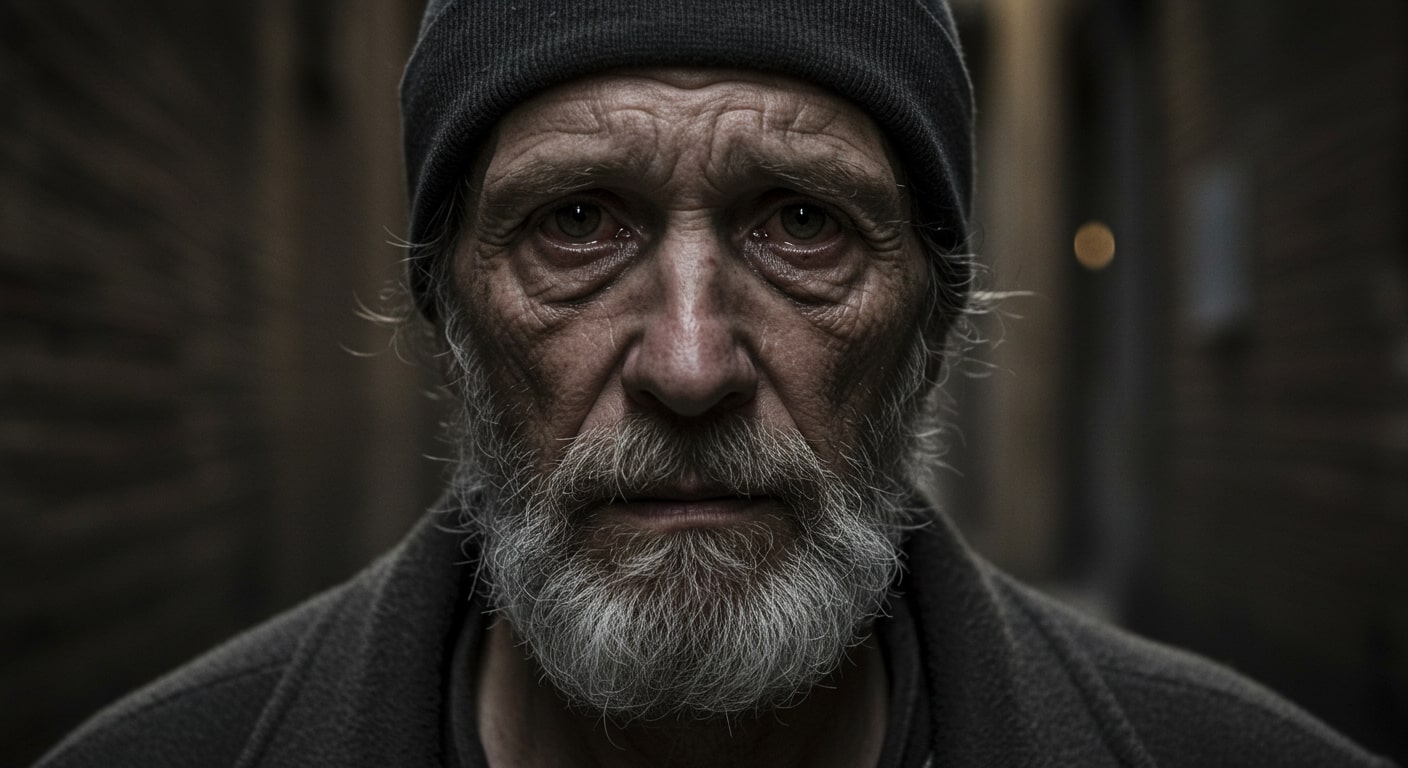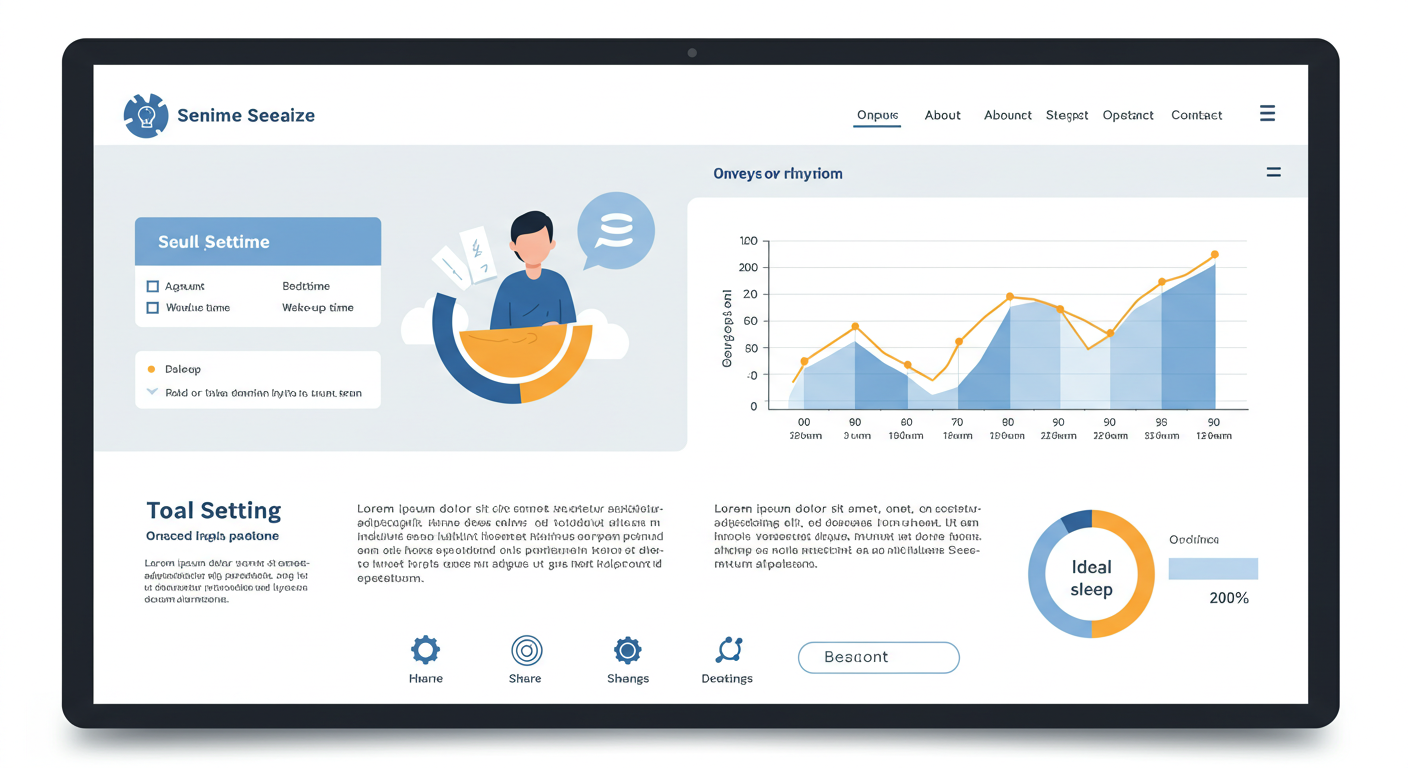Human rights are a fundamental aspect of modern society, shaping how we live and interact with one another. At their core, human rights represent the basic values that protect our dignity as individuals, ensuring that we are treated with fairness and respect. Yet, despite the importance of human rights in our daily lives, many people still struggle to understand what they are and why they matter.
Definition.
At their most basic level, human rights refer to the set of standards that ensure all individuals are treated with respect and dignity. These standards apply to everyone, regardless of their race, gender, nationality, religion or other personal characteristics.
Human rights include both civil and political rights—such as freedom of speech—as well as economic, social and cultural rights—such as access to education or healthcare.
The concept of human rights is rooted in the idea that all individuals have inherent value simply because they exist. This means that regardless of our backgrounds or life circumstances, we all deserve to be treated fairly and justly by others.
The Importance of Human Rights in Society.
Protecting human rights is vital for building a just and equitable society. When individuals’ basic needs for safety, equality and dignity are met through upholding human rights standards – then these same individuals can better contribute to society at large without being held back by arbitrary restrictions such as discrimination based on identity markers such as race or religion.
Moreover it is only when these individual freedoms – from speech to assembly -are universally protected that societies can thrive without fear from authoritative powers acting against them for personal gain or political expediency. It also sends a powerful message about what we value as a community: peace; justice; equality; freedom.
Historical Background of Human Rights.
The idea of human rights can be traced back to ancient civilizations in Mesopotamia, India and China. But the modern concept of human rights really emerged in Europe during the Enlightenment period of the 18th century.
The Universal Declaration of Human Rights is a document that was adopted by the United Nations General Assembly in 1948, as a direct result of World War II.
The horrors that took place during that conflict, including genocide, forced labor and other atrocities, led to a global awakening about the importance of protecting individual freedoms and basic human dignity.
Since then, international organizations such as Amnesty International and Human Rights Watch have worked tirelessly to promote human rights around the world.
Yet despite these efforts, many people still face discrimination and violence based on their race or ethnicity – among other factors. Overall, understanding what human rights are and why they matter is essential for building a just and equitable society that values every individual’s dignity.
The Universal Declaration of Human Rights.
Overview of the UDHR.
The Universal Declaration of Human Rights (UDHR) was adopted by the United Nations General Assembly in 1948. The UDHR is a landmark document that outlines the fundamental human rights that should be protected and respected around the world. It serves as a universal standard for human rights and has been translated into over 500 languages.
The UDHR contains 30 articles that cover a broad range of human rights, including civil and political rights, economic, social, and cultural rights, and collective rights. These articles are not legally binding, but they serve as a framework for national governments to develop their own laws and policies to protect human rights.
Key provisions of the UDHR.
One of the most important provisions of the UDHR is Article 1, which states that all human beings are born free and equal in dignity and rights. Other key provisions include Article 5 (prohibition against torture), Article 18 (freedom of thought, conscience, and religion), Article 21 (right to participate in government), Article 23 (right to work and equal pay for equal work), and Article 25 (right to adequate standard of living).
These provisions were groundbreaking at the time they were drafted because they recognized that all individuals have inherent dignity and worth that should be respected regardless of their race, gender, religion or any other characteristic.
Significance and impact of the UDHR.
The UDHR has had an enormous impact on global human rights advocacy since its adoption in 1948. It has served as a model for developing national constitutions around the world.
Additionally it has provided inspiration for numerous international treaties including International Covenant on Civil & Political Rights (ICCPR) & International Covenant on Economic Social & Cultural Rights (ICESCR).
The importance given to the UDHR as a universal standard for human rights is shown through its use in courts, by NGOs and governments to hold decision-makers accountable for human rights violations.
The UDHR has also inspired millions of individuals around the world to advocate for their own rights and those of others. The document puts forward an ideal vision of a just and inclusive society that values every human being – an idea that continues to inspire social justice movements around the world.
Civil and Political Rights.
Defining Civil and Political Rights.
Civil and Political Rights are defined as the rights a person has to participate in civil society and politics without prejudice or repression. Examples of civil rights include freedom of speech, the right to a fair trial, the right to vote, and freedom from discrimination.
Political rights typically refer to the right to participate in government processes through voting, running for office, or engaging in peaceful protest. These rights are critical for upholding individual freedoms and ensuring that people have equal opportunities for participation in their communities.
Democracy cannot function without these basic rights being protected. Furthermore, it is essential that these rights are universally recognized, respected and upheld by governments across the globe.
The Importance of Protecting Individual Freedoms.
Civil and political rights protect individual freedoms by ensuring that individuals can express their views without fear of retaliation from those in power. These rights also allow people to participate in political processes without facing persecution or discrimination because of their beliefs.
Without access to these basic liberties, individuals become marginalized within their communities with little opportunity for advancement or representation. This lack of representation can lead to abuses of power and corruption within governments.
Challenges Facing Civil and Political Rights.
Despite efforts made towards improving civil liberties worldwide, challenges still exist that threaten these fundamental human rights. Police brutality during protests is one example where government authorities infringe on an individual’s ability to exercise their right of free speech.
Another challenge is voter suppression tactics which restrict certain groups’ access to voting such as women or minority groups. Moreover, some countries use restrictive laws on public assembly as a means of limiting freedom of expression which affects not only the individual but also society’s overall intellectual development.
Additionally,because democratic practices vary greatly among countries with some having better standards than others; this often leads them into conflict when trying to reach a consensus regarding an issue in the global arena. Civil and political rights are critical components of a just and equitable society.
It is vital that governments uphold these fundamental rights to ensure that all individuals have equal opportunities for participation in their communities. While challenges exist, efforts must continue towards protecting civil liberties worldwide to promote democratic values and protect individual freedoms.
Economic, Social, and Cultural Rights.
Definition and examples.
Economic, social, and cultural rights (ESCR) are human rights that relate to people’s social and economic well-being. ESCRs are not just about money or wealth; they seek to ensure that all individuals have access to basic necessities such as food, housing, education, and healthcare.
Examples of ESCRs include the right to work and receive a fair wage; the right to education; the right to an adequate standard of living including adequate food, clothing and housing; the right of everyone to enjoy the highest attainable standard of physical and mental health.
Importance in ensuring basic needs are met for all individuals.
ESCRs play a critical role in ensuring that everyone has access to basic needs for a dignified life. They provide the framework for governments around the world in developing policies aimed at meeting these needs.
Ensuring these rights are met is crucial in promoting a healthy society. When basic needs such as food, shelter or healthcare are not available or affordable it can lead to extreme poverty which can cause premature human death.
Challenges to economic, social, and cultural rights.
Despite ESCRs being recognized internationally as fundamental human rights by many countries around the world there still remain significant challenges in their protection. The lack of resources available can often prevent government from implementing programs aimed at achieving ESCRs goals.
Poverty is strongly linked with poor health outcomes children from low-income families tend not able have equal access education putting them at disadvantage later on in life due their circumstances rather than their abilities.
one must acknowledge that there is still much progress to be made globally with regards protecting Economic Social and Cultural Rights or any human rights for that matter but governments around the world must take responsibility ensuring that their citizens have access basic necessities such as shelter, health care and education.
Contemporary Issues in Human Rights.
Genocide: The Ultimate Violation of Human Rights.
When one group of people seeks to annihilate another, it is one of the most heinous and egregious violations of human rights. Genocide involves killing members of a particular race, ethnicity or national group as a way to eliminate them from society. It has been a recurring issue throughout history and remains a tragic reality around the world today.
One example is the genocide that occurred in Rwanda in 1994 where members of the Hutu ethnic majority systematically killed around 800,000 Tutsis in just 100 days. The international community stood by and watched as this tragedy unfolded, demonstrating how crucial it is for global action to prevent such atrocities.
Genocidal acts also continue in other parts of the world including Myanmar where Rohingya Muslims are being forced out by authorities, and Syria where government forces have committed mass murder against their own population.
To prevent such crimes from happening again, international efforts including diplomacy and sanctions must be taken to hold accountable those who commit genocide.
Torture: A Violation Against Dignity.
Torture is another form of human rights violation which strips away an individual’s dignity and humanity. It involves deliberately inflicting severe pain or suffering on someone with the intent to obtain information or confession, to punish them for their beliefs or political affiliations, or simply as an act of cruelty.
Torture can take many forms including physical abuse such as beating or electric shocks, psychological distress like sensory deprivation or humiliation tactics.
Torture violates fundamental human rights like the right to freedom from torture and cruel treatment as well as protection against arbitrary detention. Unfortunately despite multiple international treaties prohibiting torture , it continues today around the world often carried out by state officials.
In some countries like North Korea torture is used systematically within their regime’s legal system. Governments must take urgent action to prevent these acts of cruelty, punish those responsible and provide support to the survivors of torture.
Child Labor and Women’s Rights: Violations Too Close to Home.
Human rights issues aren’t always happening far away. Child labor is still present in many countries, with children being taken out of schools and forced into work at a young age. These children may be working long hours for low pay conditions that are hazardous or exploitive.
Similarly, women’s rights are often violated in areas where gender inequality is prevalent. Women may face discrimination or violence due to their gender, including sexual abuse or being forced into marriage at a young age.
Governments play a crucial role in preventing child labor and ensuring women’s rights are protected; by enacting laws prohibiting child labor , enforcing fair labor practices and creating programs to educate about child rights they can help end these violations against humanity.
And while progress has been made in protecting women’s rights with the worldwide adoption of CEDAW (Convention on Elimination of all Forms of Discrimination Against Women), more needs to be done to ensure full implementation of this treaty worldwide.
Conclusion.
The importance of protecting human rights for a just society.
The protection of human rights is essential for creating a just and equitable society. When these rights are upheld, individuals are able to live with dignity, freedom, and respect. Human rights ensure that everyone has the opportunity to thrive regardless of their background, beliefs or status in society.
Societies that protect human rights enjoy greater stability and prosperity. At its core, human rights recognize and uphold the inherent value and worth of every individual.
Without these protections, it is all too easy for powerful actors to exploit those who are vulnerable or different from themselves. This leads to social divisions and inequality that undermine the foundation of a functioning democratic society.
Actions that can be taken to promote human rights globally.
Promoting human rights globally requires a collective effort from governments, civil society organizations, and individuals across the globe. To start with, we must educate ourselves about what constitutes as basic human rights so we can act when they are being violated.
Governments must be held accountable for any violation of these fundamental principles. Another way to promote human rights is through activism and advocacy efforts by civil society organizations such as NGOs or civic associations.
These groups help amplify voices from marginalized communities whose experiences might otherwise go unnoticed. Individuals can make small contributions towards promoting human rights by engaging in everyday actions like volunteering at humanitarian organizations or participating in peaceful protests on issues related to social justice.
Protecting human rights is not only important but also an ongoing process which requires continuous effort from all stakeholders including governments, civil society organizations and individuals alike.
It is only when we work together towards this goal that we can create societies where everyone has equal opportunities for success regardless of their background or status in life.
I am an accomplished author and journalist at Fact Finders Company . With a passion for research and a talent for writing, I have contributed to numerous non-fiction titles that explore a wide range of topics, from current events, politics and history to science and technology. My work has been widely praised for its accuracy, clarity, and engaging style. Nice Reading here at Fact After Fact.






